
Chirongui: The Hidden Gem of Mayotte
Nestled in the heart of the island of Mayotte, Chirongui offers a tranquil escape from the hustle and bustle of city life. Known for its lush landscapes and serene environment, Chirongui is a perfect destination for those looking to experience the natural beauty and rich culture of this unique French overseas territory. Chirongui is surrounded by rolling hills and stunning views of the Indian Ocean. The town is a great starting point for exploring the island's diverse flora and fauna. Nearby, you will find the majestic Mount Choungui, an extinct volcano that offers breathtaking panoramic views from its summit. The hike to the top is challenging but rewarding, making it a must-do for adventure seekers. The local culture in Chirongui is a blend of African, Malagasy, and French influences. Visitors can immerse themselves in the local way of life by exploring the vibrant markets, tasting delicious local cuisine, and participating in traditional dance and music events. The town's warm and welcoming residents are always eager to share their customs and stories with visitors. For those interested in marine life, Chirongui is not far from some of the best snorkeling and diving spots in Mayotte. The island's surrounding coral reefs are teeming with colorful fish, sea turtles, and other marine creatures. Whether you are an experienced diver or a beginner, the crystal-clear waters provide an unforgettable underwater experience.
Local tips in Chirongui
- Visit early in the morning or late in the afternoon to avoid the midday heat.
- Bring comfortable hiking shoes for the trek up Mount Choungui.
- Try the local dish, Mataba, a flavorful stew made with cassava leaves.
- Hire a local guide to enhance your understanding of the area's history and culture.
- Don't forget your snorkeling gear to explore the vibrant coral reefs.
Chirongui: The Hidden Gem of Mayotte
Nestled in the heart of the island of Mayotte, Chirongui offers a tranquil escape from the hustle and bustle of city life. Known for its lush landscapes and serene environment, Chirongui is a perfect destination for those looking to experience the natural beauty and rich culture of this unique French overseas territory. Chirongui is surrounded by rolling hills and stunning views of the Indian Ocean. The town is a great starting point for exploring the island's diverse flora and fauna. Nearby, you will find the majestic Mount Choungui, an extinct volcano that offers breathtaking panoramic views from its summit. The hike to the top is challenging but rewarding, making it a must-do for adventure seekers. The local culture in Chirongui is a blend of African, Malagasy, and French influences. Visitors can immerse themselves in the local way of life by exploring the vibrant markets, tasting delicious local cuisine, and participating in traditional dance and music events. The town's warm and welcoming residents are always eager to share their customs and stories with visitors. For those interested in marine life, Chirongui is not far from some of the best snorkeling and diving spots in Mayotte. The island's surrounding coral reefs are teeming with colorful fish, sea turtles, and other marine creatures. Whether you are an experienced diver or a beginner, the crystal-clear waters provide an unforgettable underwater experience.
When is the best time to go to Chirongui?
Iconic landmarks you can’t miss
Beach N'Gouja
Discover the breathtaking beauty of Beach N'Gouja in Mayotte, where crystal-clear waters meet white sandy shores for an unforgettable tropical getaway.
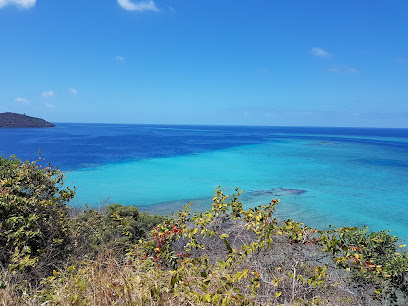
Le Jardin Maore
Discover Le Jardin Maore, a serene hotel and diving center on Mayotte's stunning Plage N'Gouja, where relaxation meets adventure in a tropical paradise.
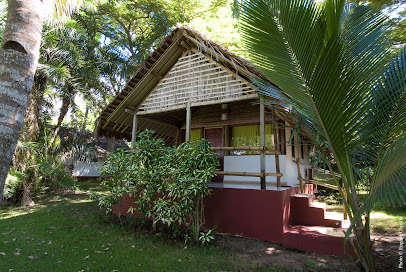
Plage De Tanaraki
Explore the serene beauty of Plage De Tanaraki in Mayotte, where golden sands meet crystal-clear waters for the ultimate beach getaway.
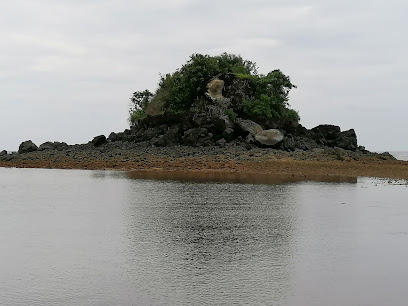
Plage du Faré
Explore the pristine shores of Plage du Faré, a tropical paradise in Mayotte that offers stunning landscapes and vibrant local culture.
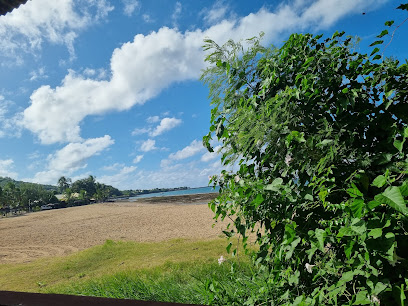
Cascade de Soulou
Discover the serene beauty of Cascade de Soulou, a breathtaking waterfall in Mayotte, perfect for nature lovers and adventure seekers alike.
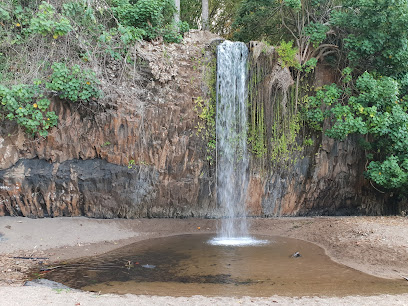
Mont Choungui
Explore Mont Choungui, Mayotte's highest peak, and experience breathtaking views and vibrant natural beauty in an untouched paradise.
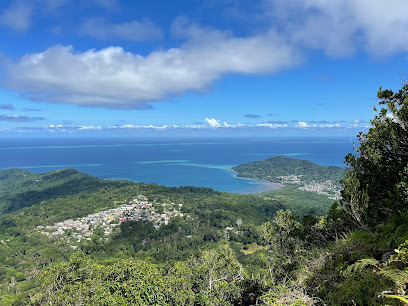
Le Lagon Maoré
Experience the thrill of diving in Mayotte at Le Lagon Maoré, where adventure meets the ocean's beauty in a tropical paradise.
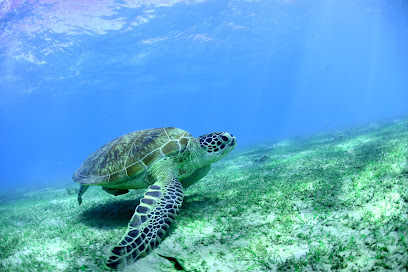
Cinéma de Chirongui
Discover the cinematic heart of Chirongui at Cinéma de Chirongui, where every film tells a story and community spirit thrives.
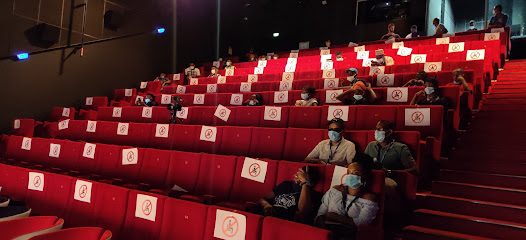
Plage de Sakouli
Discover the serene beauty of Plage de Sakouli, a stunning beach in Mayotte perfect for relaxation and adventure amidst nature's splendor.
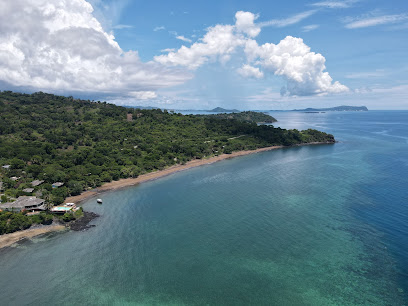
Manga Mena Concept Food
Experience the vibrant culinary scene at Manga Mena Concept Food, a fast food haven blending local flavors with a lively atmosphere in Chirongui, Mayotte.
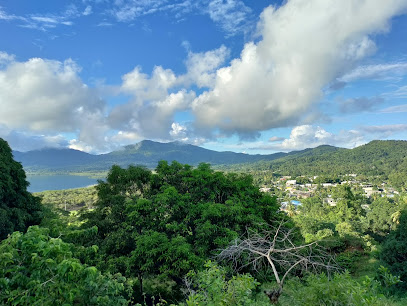
Mosquée de Tsingoni
Discover the serene and culturally rich experience at Mosquée de Tsingoni, a must-see destination in Mayotte, embodying the island's spiritual heritage.
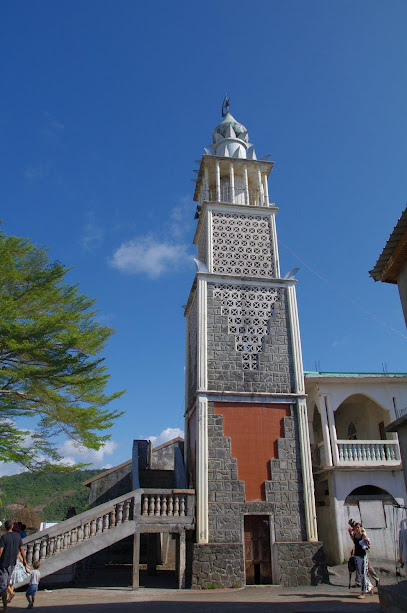
Place Moichicou Madi
Experience the vibrant local culture and serene ambiance at Place Moichicou Madi, a must-visit plaza in Mtsangamouji, Mayotte.
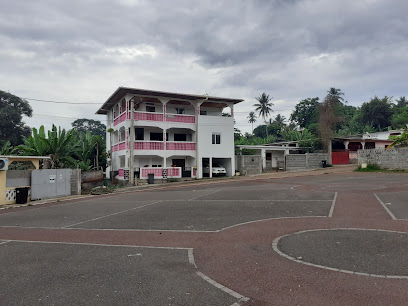
Grande Mosquée de Chirongui
Discover the Grande Mosquée de Chirongui, a stunning architectural gem in Mayotte that reflects the island's rich cultural heritage and spiritual essence.

Padza de Chirongui
Discover the tranquil beauty of Padza de Chirongui, a lush natural paradise in Chirongui, Mayotte, perfect for nature lovers and adventurers.
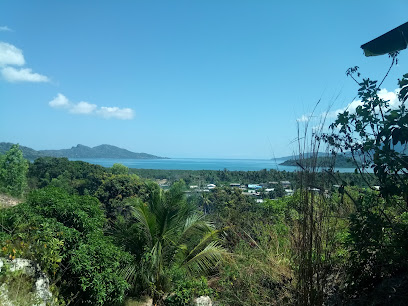
Maison du Gouverneur
Explore the historical allure of Maison du Gouverneur in Dzaoudzi, Mayotte, where colonial charm meets stunning architectural beauty.
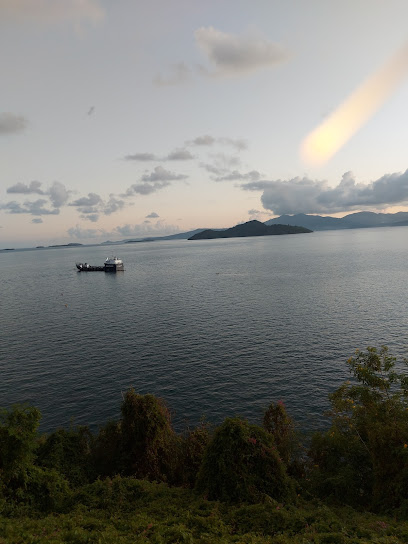
Unmissable attractions to see
Dziani Dzaha
Experience the tranquil beauty of Dziani Dzaha, a stunning lake in Dzaoudzi, Mayotte, where nature and adventure meet.
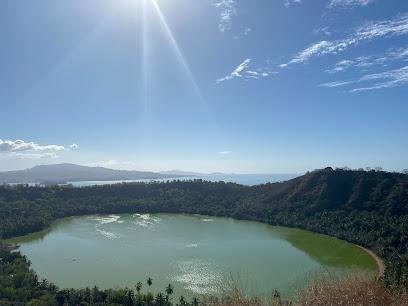
Îlot de Sable Blanc
Discover the pristine beauty of Îlot de Sable Blanc in Mayotte, a tropical paradise perfect for relaxation, adventure, and unforgettable memories.
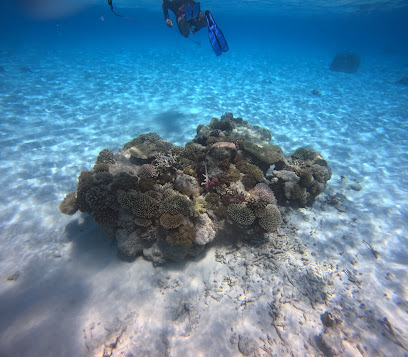
Maison du Gouverneur
Explore the historic Maison du Gouverneur in Dzaoudzi, Mayotte, a captivating glimpse into the island's colonial heritage with stunning architecture and serene gardens.
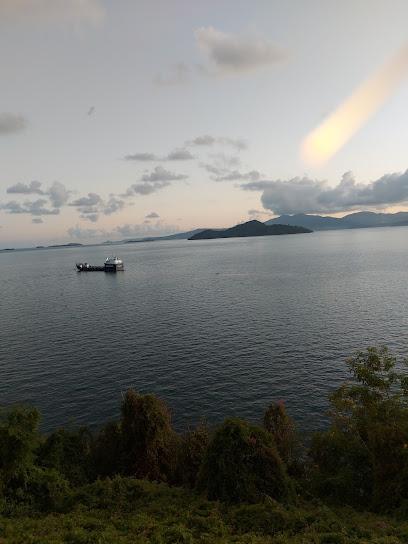
HELILAGON
Experience the breathtaking aerial views and vibrant culture at Helilagon, an iconic tourist attraction in the heart of Mayotte.
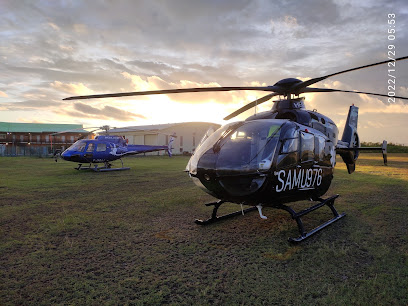
Essential places to dine
Le Faré
Experience authentic Mayotte cuisine at Le Faré - where local flavors meet vibrant culture in a stunning seaside setting.
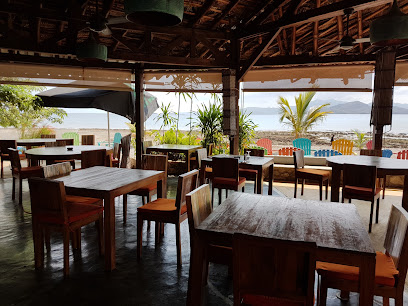
O'lolo Hôtel Mayotte
Experience culinary delights and thrilling water adventures at O'lolo Hôtel Mayotte—your gateway to paradise on Plage de Sakouli.
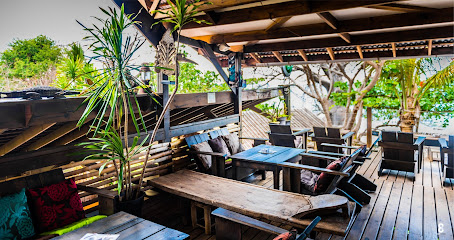
Hippocampe Restaurant
Discover the culinary treasures of Mayotte at Hippocampe Restaurant - where local flavors meet delightful dining experiences.
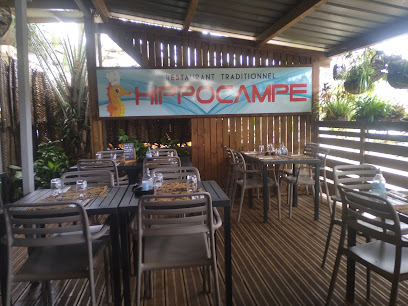
Le Moana
Discover authentic Mayotte cuisine at Le Moana in Mamoudzou – where every dish tells a story.
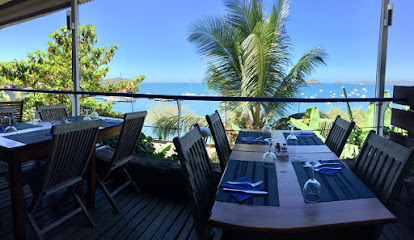
Restaurant La Citronnelle
Experience the rich flavors of Mayotte at Restaurant La Citronnelle – where culinary traditions meet modern taste.
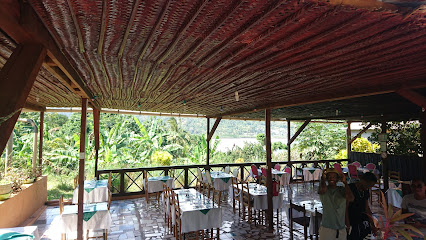
Auberge du Rond-point
Experience the rich flavors of Mayotte at Auberge du Rond-point - where local cuisine meets warm hospitality.
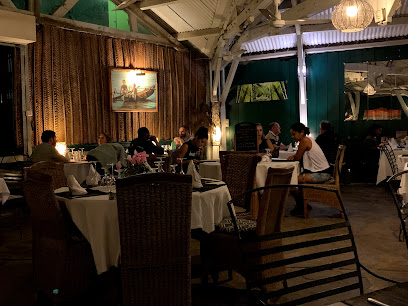
Le Citron Vert
Discover authentic Mayotte cuisine at Le Citron Vert, where local flavors meet vibrant hospitality in Mamoudzou.
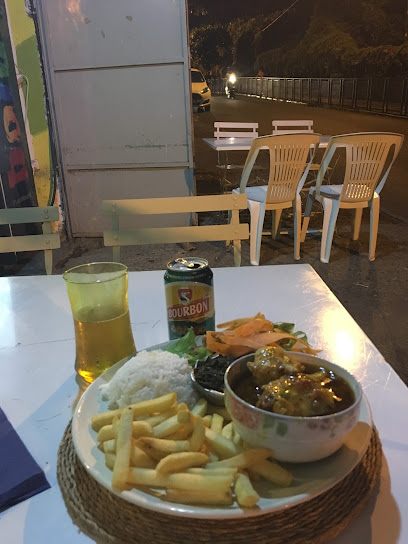
hello pizza chirongui
Savor the best pizzas in Chirongui at Hello Pizza, where quality meets local flavor in a welcoming atmosphere.
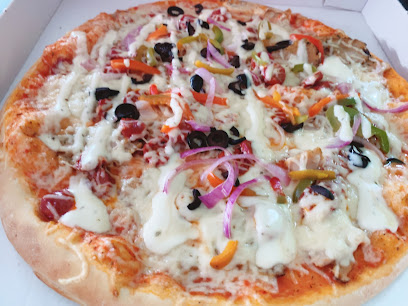
Lapouz Noz
Experience authentic Mayotte cuisine at Lapouz Noz in Dzaoudzi - where every meal is a celebration of local flavors.
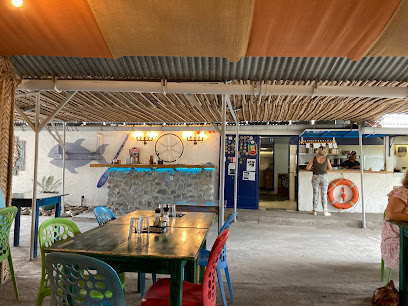
Le Boboka
Discover authentic Mayotte cuisine at Le Boboka in Mamoudzou – where every dish tells a story.
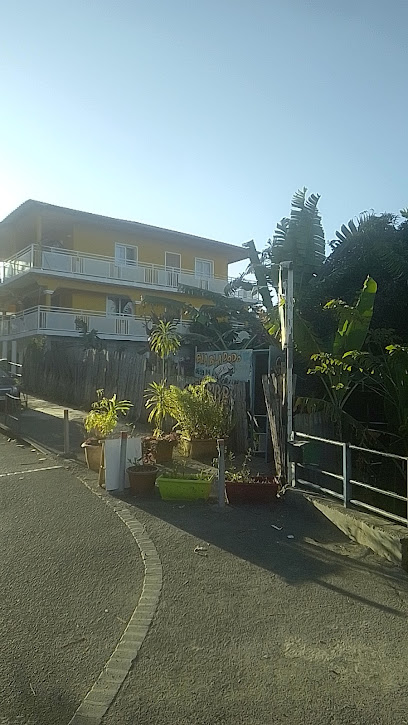
Le Zam Zam
Experience the vibrant flavors of Mayotte at Le Zam Zam – where local culture meets exquisite dining.
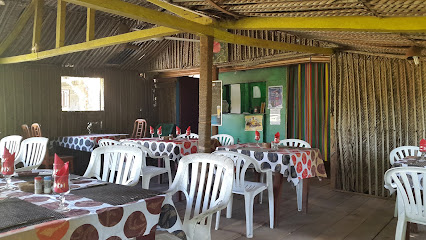
Nasso na Bisso
Experience authentic Mayotte cuisine at Nasso na Bisso, where local flavors meet warm hospitality in Sada.
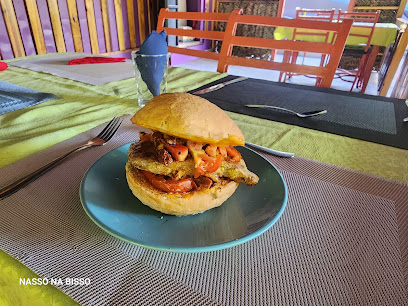
Le Chissioua
Experience the vibrant flavors and serene ambiance at Le Chissioua, Sada’s premier restaurant offering exquisite local cuisine and breathtaking views.
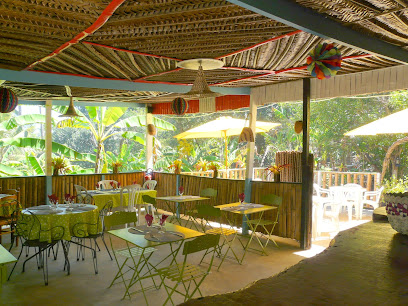
Maki Cook
Experience delicious halal pizzas and fresh salads at Maki Cook in Bouéni, Mayotte – a must-visit destination for food lovers.
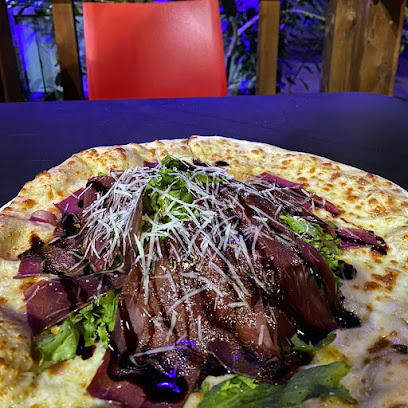
L'arc En Ciel Snack
Discover authentic Mayotte cuisine at L'arc En Ciel Snack in Bandrele – a must-visit for food lovers exploring this stunning island.
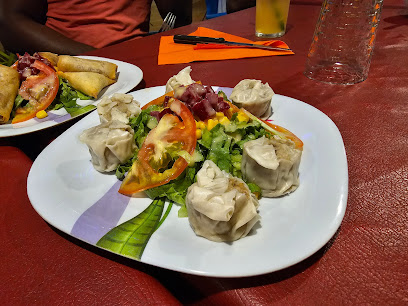
Markets, malls and hidden boutiques
Pôle Culturel de Chirongui
Experience the vibrant arts scene at Pôle Culturel de Chirongui, a premier destination for theater, concerts, and film in Mayotte.
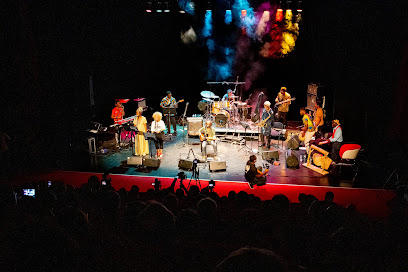
MAGASIN SOPHIATA SOUFFOU
Explore the vibrant offerings of MAGASIN SOPHIATA SOUFFOU, a perfect blend of grocery and hardware store in Chirongui, Mayotte.
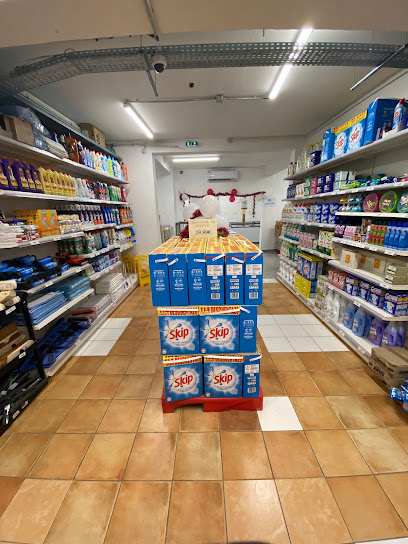
Douka Bé Chirongui
Explore Douka Bé Chirongui, the vibrant supermarket in Chirongui, offering fresh local produce and a taste of Mayotte's unique culture.
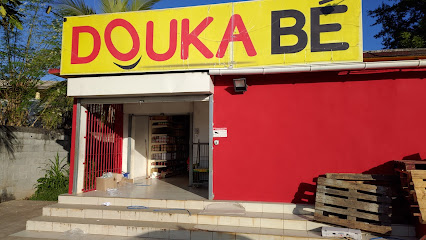
Jeleo boutique
Explore Jeleo Boutique in Chirongui, Mayotte - your destination for unique clothing, leather goods, and celebration essentials.
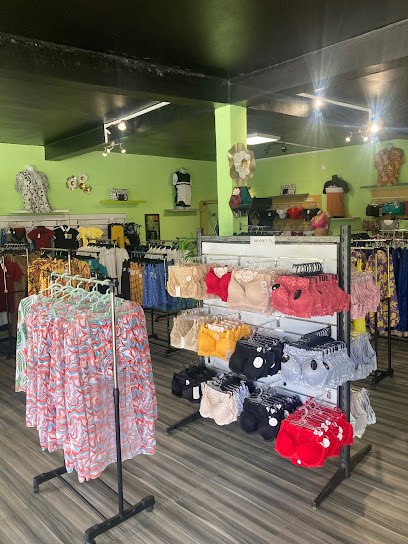
Sun Color Mayotte
Explore the artistic heart of Mayotte at Sun Color Mayotte, where vibrant paintings reflect the island's stunning landscapes and rich culture.
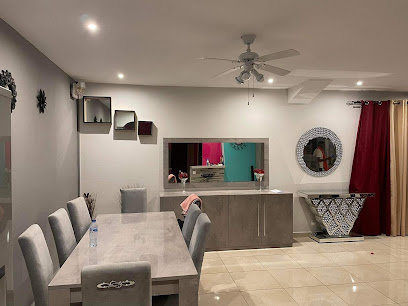
auto parts counter
Explore Mayotte with confidence—your go-to destination for quality auto parts and friendly service.
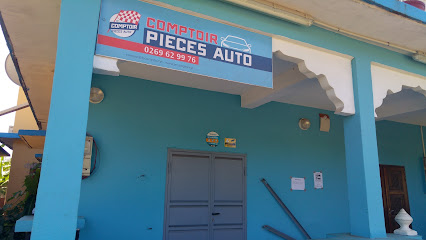
Pharmacie du Sud
Discover health and wellness at Pharmacie du Sud in Chirongui, your reliable pharmacy while exploring the beauty of Mayotte.
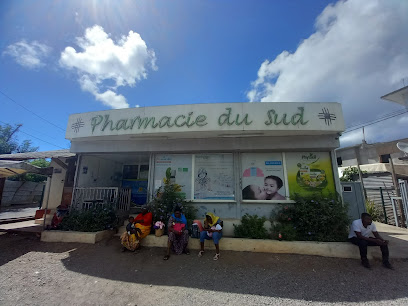
CHEZ-BILLEY-RESTAURANT
Discover delicious doner kebabs and aromatic coffee at Chez-Billey Restaurant in Mramadoudou, the perfect stop for food lovers in Mayotte.
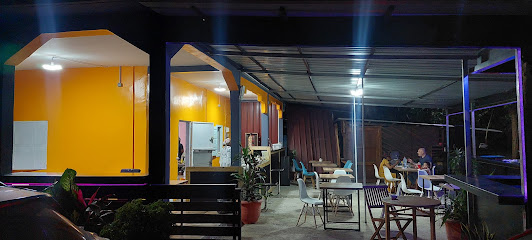
Le Building boutique
Explore the flavors of Mayotte at Le Building Boutique, a charming grocery store in Chiconi offering local produce and artisanal goods.
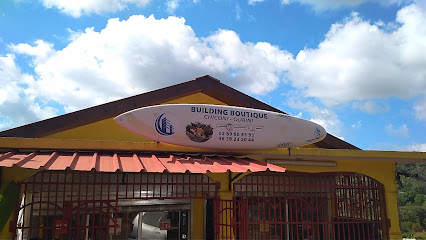
Somaco Chirongui
Explore the vibrant flavors of Mayotte at Somaco Chirongui, your local supermarket for fresh produce and traditional treats.
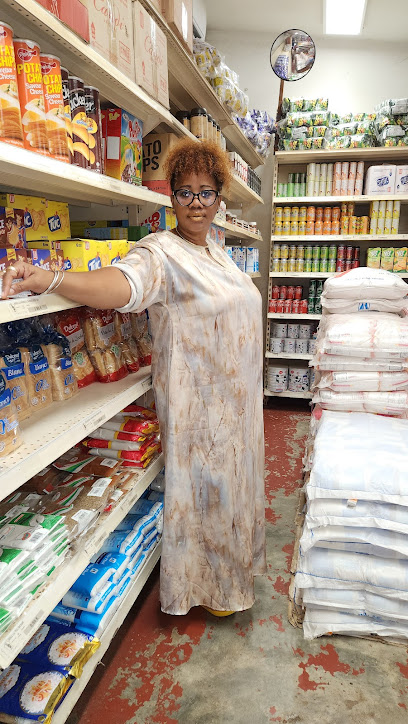
Manga Market
Discover the heart of Mayotte at Manga Market, a vibrant general store showcasing local culture and unique artisanal products.

MICHEL MULTIMEDIA
Discover MICHEL MULTIMEDIA in Chirongui, Mayotte - your essential stop for mobile devices and services to stay connected during your travels.
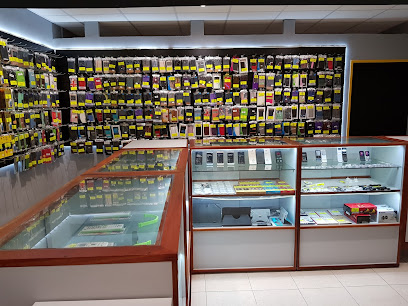
cyberMarket97660
Discover local tastes and unique products at CyberMarket 97660, your go-to grocery store in M'tsamoudou, Mayotte.

Caverne Fashion
Explore Caverne Fashion in Ouangani, Mayotte - your premier destination for stylish and durable work clothes that elevate your professional wardrobe.
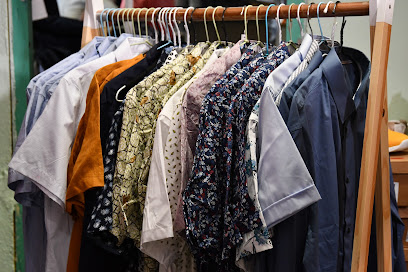
SHOPFORYOUOFFICIEL.COM
Discover the best in island fashion at Shop For You, the premier clothing store in Chiconi, Mayotte, where style meets local culture.

Essential bars & hidden hideouts
Barakili
Experience the vibrant nightlife at Barakili, a lively bar in Mamoudzou, Mayotte, offering refreshing drinks and a welcoming atmosphere.
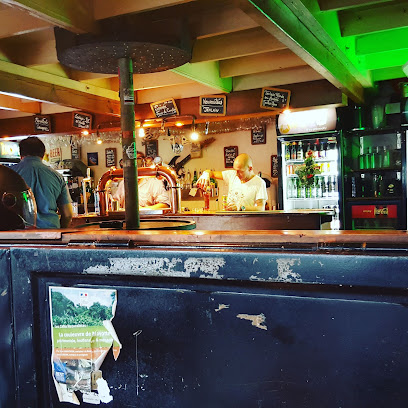
hello pizza chirongui
Savor the unique flavors of Mayotte at Hello Pizza Chirongui, where every slice tells a story of local culinary artistry and passion.
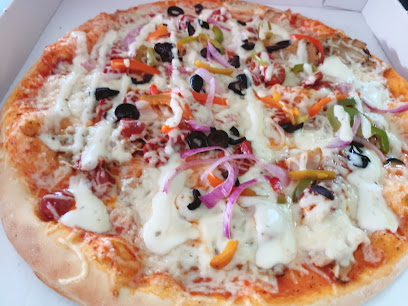
M'ronibe Snack Bar
Experience authentic Mayotte flavors at M'ronibe Snack Bar, where every dish tells a story and every meal is a celebration.
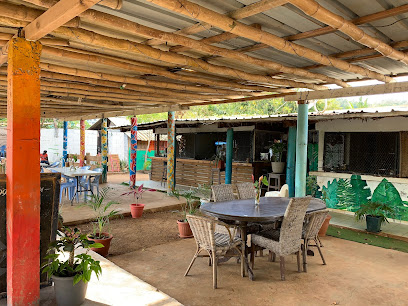
Mahala MFC
Discover Mahala MFC in Chirongui, Mayotte – a fast food haven offering a tasty escape with local and international flavors.
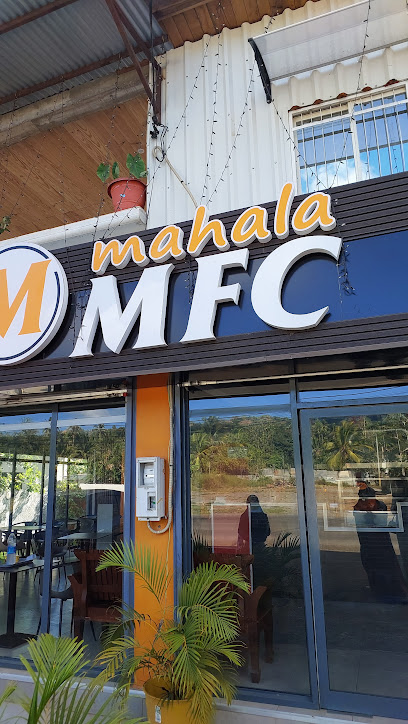
Gaboussi Café
Discover the flavors of Mayotte at Gaboussi Café, a cozy spot in Ouangani offering local dishes and a welcoming atmosphere.
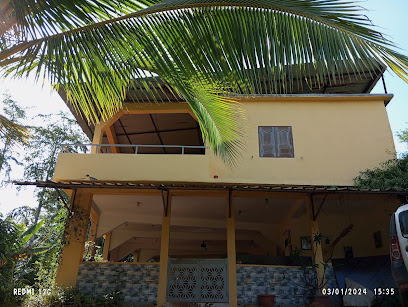
Cinéma de Chirongui
Discover the unique blend of film and community spirit at Cinéma de Chirongui, a cultural gem in Mayotte.
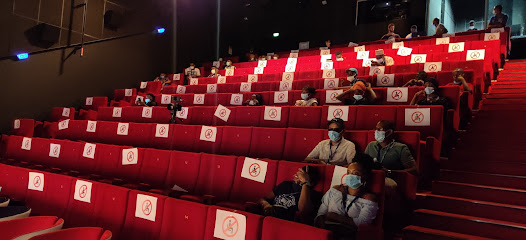
Banga Be restaurant
Experience the authentic flavors of Mayotte at Banga Be Restaurant in Chirongui, where local ingredients shine in every dish.
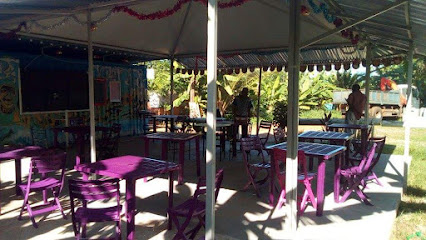
Manga Mena Concept Food
Discover Manga Mena Concept Food in Chirongui for a delightful fusion of fast food and local flavors, perfect for tourists seeking a quick meal.
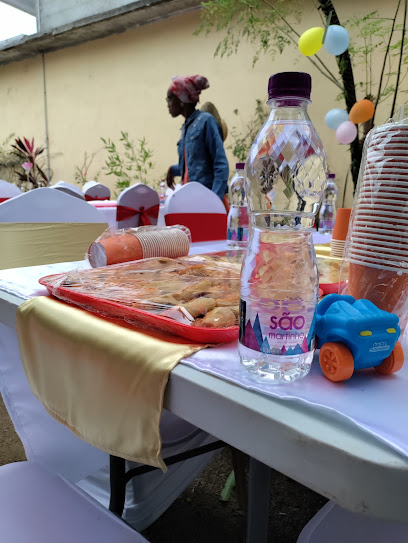
Snack chez NJARA
Discover the authentic flavors of Mayotte at Snack chez NJARA, where local cuisine meets friendly service in a cozy atmosphere.
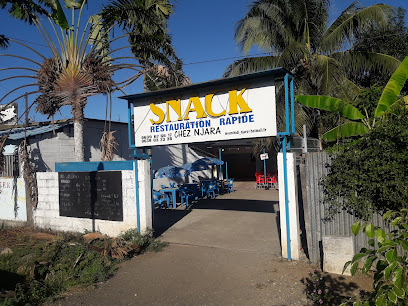
Tchak bé
Experience the vibrant nightlife of Boueni at Tchak bé, where local culture and refreshing drinks create unforgettable memories.
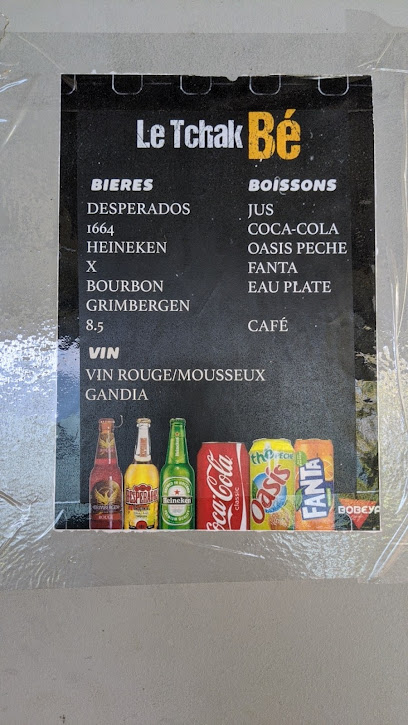
FarWést
Discover the lively atmosphere at FarWést, Bandrele's premier live music bar, where local culture and vibrant nightlife come alive.
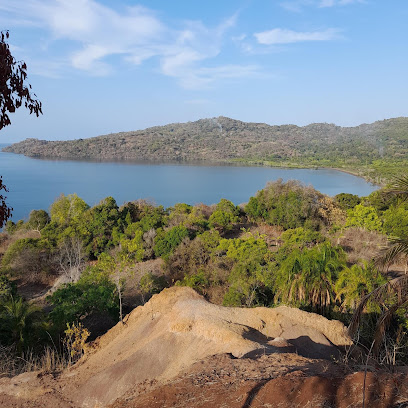
Bar du N'Gouja
Discover the vibrant atmosphere of Bar du N'Gouja, a local bar in Kani Kéli, Mayotte, offering unique drinks and a taste of island culture.
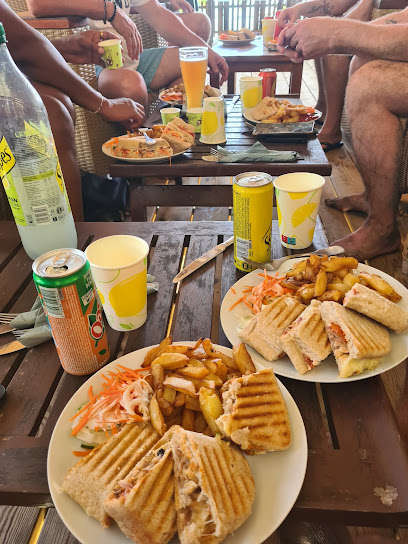
Knet
Discover Knet, a lively bar in Mamoudzou, Mayotte, where local flavors and vibrant atmosphere create unforgettable moments for tourists.

Mronimami Sarl
Experience the authentic flavors of Mayotte at Mronimami Sarl, a charming restaurant in Chirongui offering traditional local cuisine.
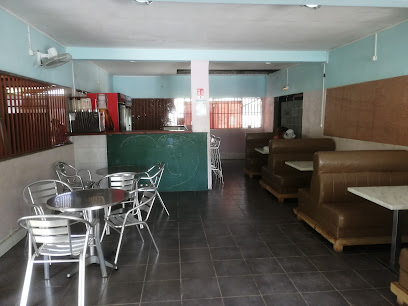
Local Phrases
-
- HelloSalama
[sa-la-ma] - GoodbyeKwaheri
[kwa-he-ri] - YesOui
[wi] - NoNon
[non] - Please/You're welcomeS'il vous plaît / De rien
[sil voo pleh / de ree-en] - Thank youAsante
[a-san-te] - Excuse me/SorryPardon
[par-don] - How are you?Comment ça va?
[kom-mohn sa va] - Fine. And you?Bien. Et toi?
[byen. eh twa] - Do you speak English?Parlez-vous anglais?
[par-leh voo ahn-glay] - I don't understandJe ne comprends pas
[zhuh nuh kom-pron pah]
- HelloSalama
-
- I'd like to see the menu, pleaseJe voudrais voir le menu, s'il vous plaît
[zhuh voo-dreh vwah-r leh meh-nu, sil voo pleh] - I don't eat meatJe ne mange pas de viande
[zhuh nuh mahnj pah duh vyand] - Cheers!Santé!
[san-teh] - I would like to pay, pleaseJe voudrais payer, s'il vous plaît
[zhuh voo-dreh peh-yeh, sil voo pleh]
- I'd like to see the menu, pleaseJe voudrais voir le menu, s'il vous plaît
-
- Help!Au secours!
[oh seh-coor] - Go away!Allez-vous en!
[ah-leh voo zahn] - Call the Police!Appelez la police!
[ah-peh-leh lah po-leece] - Call a doctor!Appelez un médecin!
[ah-peh-leh uh meh-deh-sahn] - I'm lostJe suis perdu
[zhuh swee pair-doo] - I'm illJe suis malade
[zhuh swee mah-lahd]
- Help!Au secours!
-
- I'd like to buy...Je voudrais acheter...
[zhuh voo-dreh ah-sh-tey] - I'm just lookingJe regarde juste
[zhuh ruh-gard juhst] - How much is it?Combien ça coûte?
[kom-byen sa koot] - That's too expensiveC'est trop cher
[say troh shehr] - Can you lower the price?Pouvez-vous baisser le prix?
[poo-veh voo beh-say leh pree]
- I'd like to buy...Je voudrais acheter...
-
- What time is it?Quelle heure est-il?
[kel uhr eh-teel] - It's one o'clockIl est une heure
[eel eh oon uhr] - Half past (10)Dix et demi
[dees eh dehmee] - MorningMatin
[mah-tahn] - AfternoonAprès-midi
[ah-preh mee-dee] - EveningSoir
[swahr] - YesterdayHier
[yehr] - TodayAujourd'hui
[oh-zhoor-dwee] - TomorrowDemain
[deh-mahn] - 1Un
[uhn] - 2Deux
[duh] - 3Trois
[twah] - 4Quatre
[ka-truh] - 5Cinq
[sank] - 6Six
[sees] - 7Sept
[sept] - 8Huit
[wheat] - 9Neuf
[nuff] - 10Dix
[dees]
- What time is it?Quelle heure est-il?
-
- Where's a/the...?Où est...?
[oo eh] - What's the address?Quelle est l'adresse?
[kel eh la-dress] - Can you show me (on the map)?Pouvez-vous me montrer (sur la carte)?
[poo-veh voo muh mohn-tray (soor lah kart)] - When's the next (bus)?Quand est le prochain (bus)?
[kahn eh luh pro-shahn (boos)] - A ticket (to ....)Un billet (pour ....)
[uhn bee-yeh (poor)]
- Where's a/the...?Où est...?
History of Chirongui
-
Chirongui, a town in the southern part of Mayotte, has a rich history that dates back to early human settlements. The indigenous people, known as the Mahorais, are believed to have settled in the region thousands of years ago. They developed a unique culture, characterized by their Swahili and Malagasy influences. The ancient villages and traditional huts reflect their way of life, which revolved around fishing, agriculture, and trade with neighboring islands.
-
The colonial era marked a significant turning point in the history of Chirongui. In the 19th century, Mayotte came under French control, and Chirongui, like other parts of the island, experienced substantial changes. The French introduced new administrative structures, education systems, and infrastructure. The local culture began to blend with French customs, leading to a unique Franco-Mahorais identity that is still evident today.
-
Throughout the 20th century, the people of Chirongui, along with the rest of Mayotte, experienced a period of political upheaval and struggle for independence. Various movements emerged, advocating for either independence from France or closer integration with it. In 1974, a referendum was held, and the majority of Mayotte's population, including Chirongui, voted to remain a French territory. This decision has had lasting impacts on the town’s political and social landscape.
-
Today, Chirongui is a vibrant town that balances modernity with cultural preservation. The town hosts various cultural festivals and events that celebrate its rich heritage. Traditional dances, music, and crafts are integral parts of these celebrations, offering visitors a glimpse into the town's cultural fabric. The local government and community organizations actively work to preserve historical sites and promote the town's unique history and culture.
-
In recent years, Chirongui has seen significant economic development, with tourism playing a vital role. The town's historical sites, natural beauty, and cultural richness attract visitors from around the world. Efforts to develop sustainable tourism have led to the creation of eco-friendly accommodations and guided tours, showcasing the town’s historical landmarks and natural attractions. This development has provided new opportunities for the local population while ensuring the preservation of Chirongui's historical and cultural heritage.
Chirongui Essentials
-
Chirongui is located on the island of Mayotte, an overseas department and region of France in the Indian Ocean. The nearest international airport is Dzaoudzi-Pamandzi International Airport, located approximately 25 kilometers from Chirongui. From the airport, you can take a taxi or rent a car to reach Chirongui. There are also shared minibuses, known locally as 'bush taxis,' that connect various parts of the island.
-
Chirongui is a relatively small town, and many of its attractions can be explored on foot. For longer distances, local taxis and bush taxis are available. Renting a car is a convenient option for exploring Chirongui and surrounding areas at your own pace. Keep in mind that roads can be narrow and winding, so drive cautiously. There is no formal public bus system on the island.
-
The official currency in Mayotte is the Euro (EUR). Credit cards are accepted in some hotels, restaurants, and shops, but it is advisable to carry cash, especially in smaller establishments and rural areas. ATMs are available in Chirongui, but it is wise to withdraw sufficient cash before traveling to ensure you have enough funds, particularly if you plan to visit more remote areas.
-
Chirongui is generally considered safe for tourists. However, like any travel destination, it is important to take standard precautions. Avoid walking alone at night and be mindful of your belongings in crowded areas. While Chirongui does not have specific high-crime areas targeting tourists, staying vigilant and aware of your surroundings is always advisable.
-
In case of emergency, dial 112 for immediate assistance. Chirongui has a local police station and a medical facility. It is recommended to have travel insurance that covers medical emergencies. For minor health issues, there are pharmacies in the town where you can purchase over-the-counter medications. Be sure to have a list of emergency contacts and the address of your accommodation handy.
-
Fashion: Do dress modestly, especially when visiting religious sites. Avoid wearing revealing clothing. Religion: Do respect local customs and traditions. Remove your shoes when entering mosques and avoid interrupting religious ceremonies. Public Transport: Do be respectful and give up your seat to elderly passengers. Don’t eat or drink on public transport. Greetings: Do greet people with a friendly 'Bonjour' (hello). A handshake is common when meeting someone for the first time. Eating & Drinking: Do try local delicacies, such as mataba (cassava leaves cooked in coconut milk). Don’t refuse hospitality, as it is considered impolite.
-
To experience Chirongui like a local, visit the local markets where you can buy fresh produce and traditional Mayotte goods. Engage with locals, as they are often friendly and willing to share stories about their culture and history. Don’t miss visiting the beautiful beaches and hiking trails in the area. For a unique experience, attend a traditional M'biwi dance performance or visit during one of the local festivals to immerse yourself in the vibrant culture of Mayotte.
Trending Landmark in Chirongui
Nearby Cities to Chirongui
-
Things To Do in Bandrele
-
Things To Do in Dembeni
-
Things To Do in Sada
-
Things To Do in Chiconi
-
Things To Do in Mamoudzou
-
Things To Do in Koungou
-
Things To Do in Acoua
-
Things To Do in Domoni
-
Things To Do in Ouani
-
Things To Do in Iconi
-
Things To Do in Moroni
-
Things To Do in Mahajanga
-
Things To Do in Majunga
-
Things To Do in Nosy Be
-
Things To Do in Antsiranana






